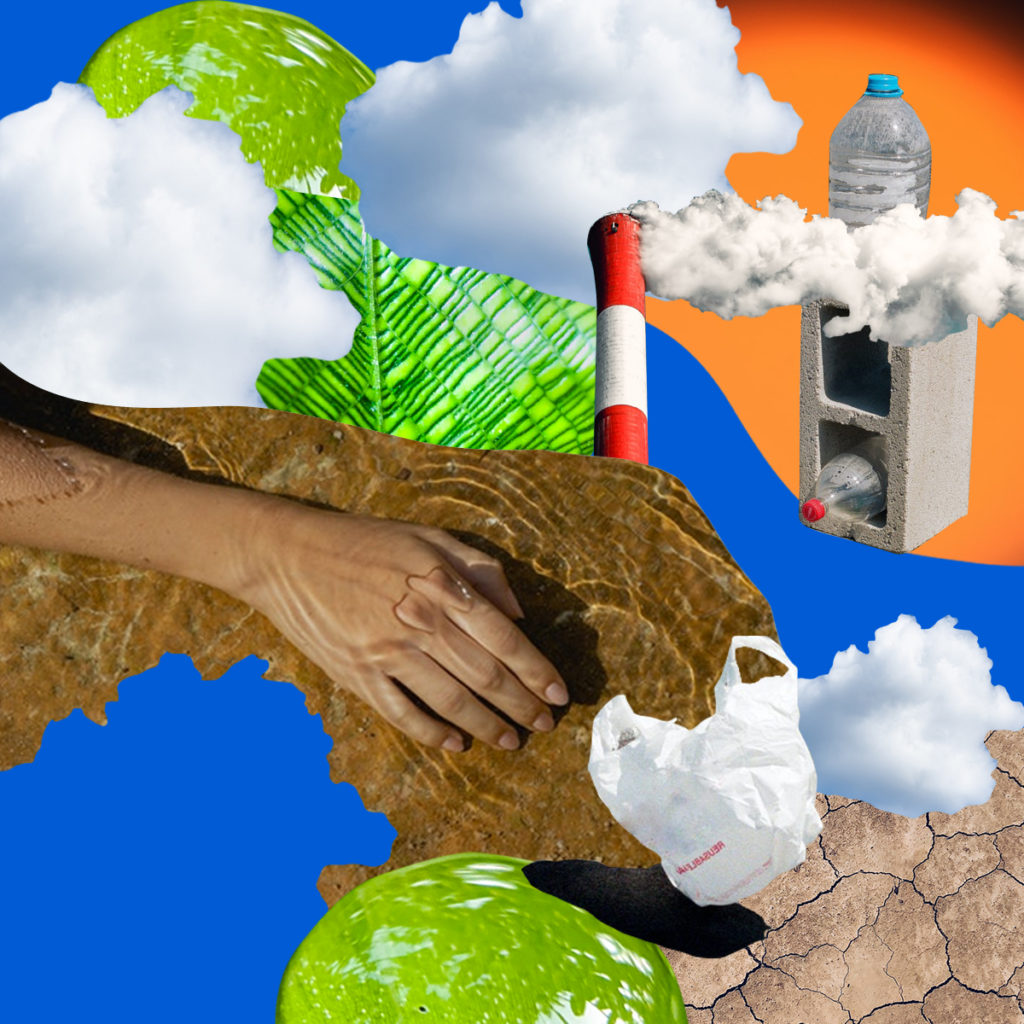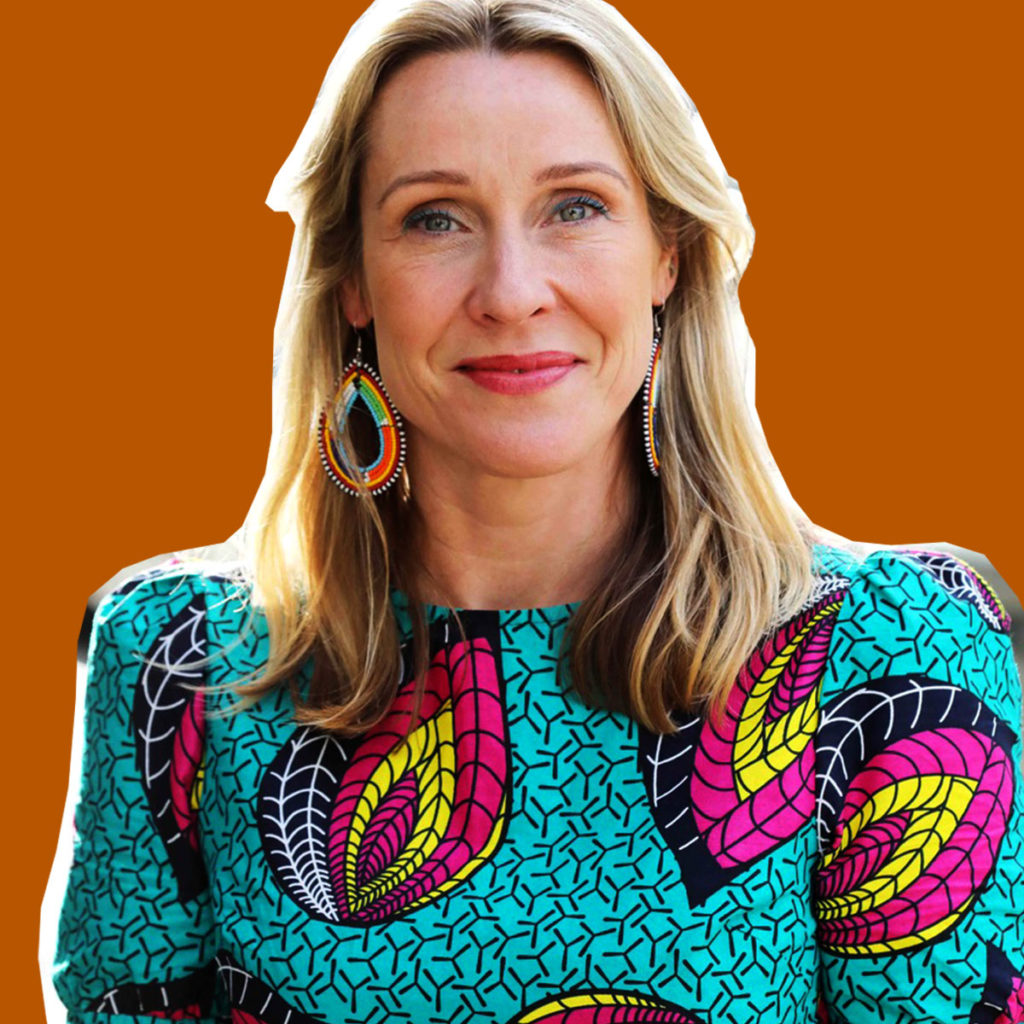
Enough Greenwashing
It’s a word without meaning these days, it seems. Everything is sustainable, from your cotton clothes to your fish dinner to the rubber on your tires. But is it, really?
Topsoils around the world are quickly disappearing. The Arctic may lose its ice sheets in the next decade. Species are going extinct at a rapid rate. Plastic waste has reached the depths of the Mariana Trench and the peaks of the Alps. But wait—we’re living in the era of sustainability, right?
When words get hijacked, what happens? That’s been the case with sustainability. It’s used so frequently and loosely today that few know where it actually comes from and if it’s even the right fit.
Before sustainability became marketing speak, it had different purposes. In 18th century Germany, the term Nachhaltigkeit reportedly meant “sustained yield.” It showed up in a forestry handbook dated back to 1713. The suggestion was that one should not harvest more than the forest can grow. Makes sense.
The French, before the Germans, used the word, sostenir, which translated “to endure.” That was 14th century France, a time of famine and challenges; so it grew to mean “enduring” against adversity.
The Oxford dictionary today defines the word “sustainable” as “able to be maintained at a certain rate or level.” Basically, trying to keep things at status quo and not let the balance get too lopsided.
So where does our modern use of the word sustainability actually come from? The 1987 Brundtland Commission of the UN: “sustainable development is development that meets the needs of the present without compromising the ability of future generations to meet their own needs.”
Even that definition though can be debated. Are the needs of the current generation being met?

Cover of Sylvicultura Oeconomica (1713) where Hans Carl von Carlowitz was the first to formulate the concept of sustainability in forestry. Image courtesy Wikipedia.
Vaclav Smil is an environment and geography professor (and a favorite thinker of Bill Gates, reportedly) in Winnipeg, Canada. He doesn’t think so. He had this to say about the word sustainability:
“Yeah, absolutely hate it because there is no such thing. Sustainability cannot be defined. Sustainable for what? Over next year? Over 10 years? Over a millennium? On a local basis, on a planetary basis? I mean, there are so many time and space dimensions to it you cannot define what is sustainable. If somebody is boasting that what they are doing is sustainable, it’s a total laugh. There is no sustainable thing.”
He goes on to use this astonishing example: we drive to the grocery store in a heavy piece of metal (that may be burning fuel) to buy food that’s likely been packaged in plastic and made a cross-country, if not an international, journey to land up in a refrigerated unit that’s housed in a store running the AC on high to keep things fresh longer. That’s then packaged in plastic bags, put back in your hunking piece of metal, and driven home. Our food supply chains are that disconnected from the soils in which they grow. And would anyone call this model sustainable? Some grocery stores do.
The problem with sustainability is that it’s hard to keep up when we live in a world centered on growth. Patagonia CEO Yvon Chouinard spoke with Fast Company last fall and predicted that the growth machine would come to a halt. He probably didn’t have a pandemic in mind but his forecast is spot on:
“The whole thing is going to crash before the next election, probably. We’re going to get another huge recession, and everybody’s going to lose out on their stocks. There we go again. It’s a system that’s got to change. The whole stock thing is dependent on growth. Look at Amazon. Amazon doesn’t make a profit. They don’t pay any taxes. Nothing. But they’re growing like crazy. It’s all growth, growth, growth—and that’s what’s destroying the planet.”
Sustainability and growth are at loggerheads with each other. How do we sustain a planet, an economic model, and a mentality that’s dependent on growth?
Sadly, we cannot. The answer is not to sustain a broken system.
Smil, who incidentally wrote a book on growth, doesn’t see this system lasting long either. He told The Guardian that our obsession with growth is akin to cancer: “There is a deep tradition both in the eastern and western traditions of frugality, living within your means and a contemplative life. It has always been like this. Now there is this louder voice calling for more consumption….but it’s increasingly apparent that cannot go on. It will be something like smoking, which was everywhere 50 years ago. But now that people realize the clear link to lung cancer, this is restricted. The same will happen when people realize where material growth is taking us. It is a matter of time I think.”

Out of this will come a new system, based on renewal. The chatter around regenerative agriculture comes from an understanding that the “sustainability” paradigm is insufficient. Soil that is depleted of its nutrients needs regeneration — quite literally food to keep it going. Similarly, society will need regeneration. We’ve pushed people and the planet to the max. Sustainability would only lead to its further demise.
In a decade, we’ve seen the evolution in rhetoric from philanthropy to corporate social responsibility to sustainability and now to regeneration.
The key is to ensure that this new era of regeneration is truly that — and not just marketing. In the meantime, enough with sustainability. Enough with the obsession with growth.




